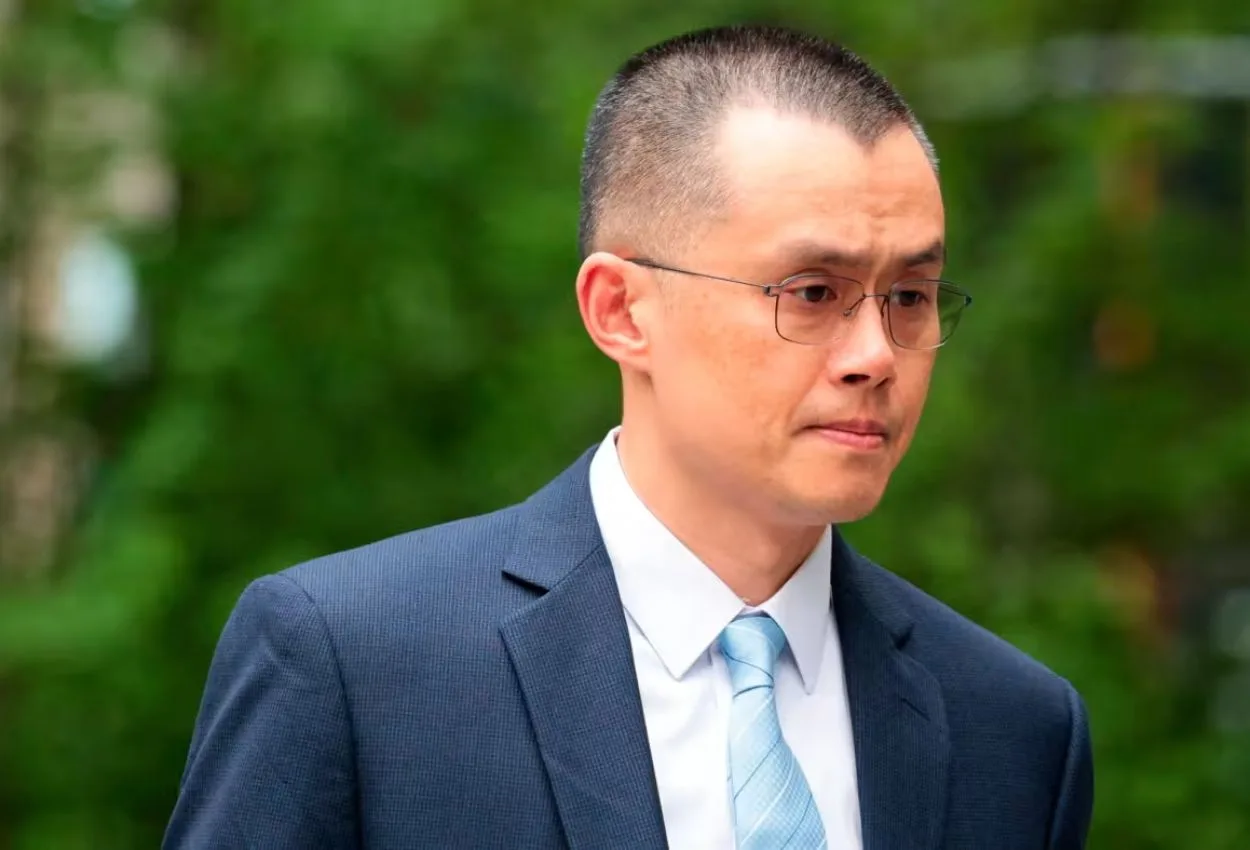President Donald Trump has granted a presidential pardon to Changpeng Zhao, the founder of Binance, prompting the UAE-based executive to thank the White House and renew his support for U.S. crypto innovation.
Zhao, widely known as CZ, served a four-month jail term after pleading guilty in 2023 to money-laundering violations following a prolonged U.S. investigation into Binance.
The exchange admitted it failed to maintain an effective anti-money-laundering program and agreed to pay a $4.3 billion penalty. Zhao stepped down as chief executive in 2023 as part of the settlement.
“President Trump exercised his constitutional authority by issuing a pardon for Mr. Zhao, who was prosecuted by the Biden administration in their war on cryptocurrency. The Biden administration’s war on crypto is over,” White House press secretary Karoline Leavitt said in a statement.
US President Trump pardons Binance founder Changpeng ‘CZ’ Zhao
Zhao, who has been based in the United Arab Emirates, expressed his appreciation on X. “Deeply grateful for today’s pardon and to President Trump for upholding America’s commitment to fairness, innovation, and justice. Will do everything we can to help make America the Capital of Crypto and advance web3 worldwide. (Still in flight, more posts to come.) Onwards,” he posted.
Binance welcomed the decision, calling it “incredible news,” and said it would continue to focus on building a secure and transparent platform. “Binance remains focused on building a secure, transparent, and user-first platform that reduces fees and increases access to the financial system for all,” the company said.
A full and unconditional presidential pardon forgives federal offenses but does not by itself overturn civil penalties or apply to actions by other countries. Pardons do not imply innocence and do not automatically resolve non-federal regulatory requirements. Any return by Zhao to formal roles at Binance or other regulated entities would depend on applicable licensing and compliance rules in the jurisdictions where those firms operate.
Zhao co-founded Binance in 2017 and built it into the world’s largest cryptocurrency exchange by trading volume. The company’s settlement with U.S. authorities closed a years-long probe by prosecutors and financial regulators into compliance lapses, particularly around anti-money-laundering and sanctions controls. The enforcement actions marked one of the most consequential crackdowns in the short history of the digital asset industry.
The latest development underscores the shifting policy environment for cryptocurrencies in Washington under Trump. Leavitt’s statement signaling an end to what she described as a prior “war on crypto” suggests a friendlier regulatory posture that could affect market sentiment and the operating landscape for U.S.-facing crypto businesses.
Zhao’s base in the UAE highlights the Middle East’s growing role in the digital-asset economy. The region has attracted crypto firms and executives seeking clear rules and access to fast-growing markets. Any change in Zhao’s status could resonate across the Gulf’s crypto ecosystem, where global exchanges have expanded their presence and partnerships in recent years.
Backers of the industry say a clearer and more accommodating U.S. stance could draw capital and talent, while critics caution that robust oversight remains essential to prevent illicit finance and protect consumers. Binance said it would continue investing in compliance as it builds products aimed at broadening access to financial services.




